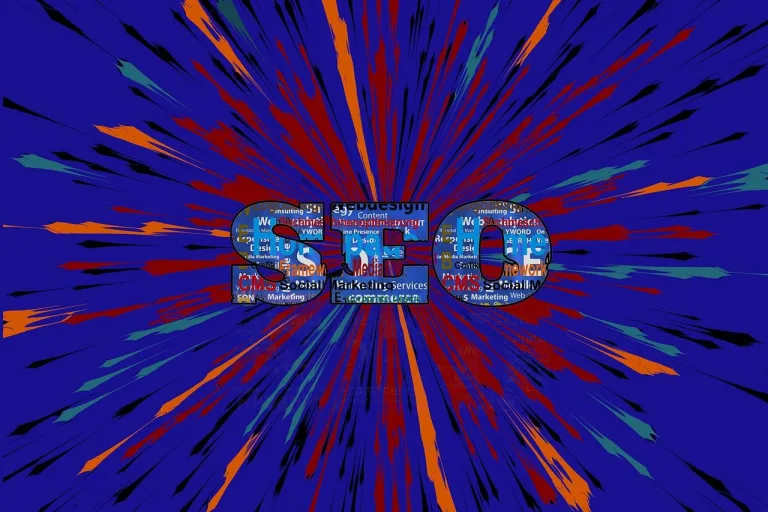The idea of a smart house, where appliances, heating, lighting, and security are all easily controlled by voice commands or button presses, has quickly progressed from sci-fi fantasy to everyday life. This technological revolution is here to stay, since the worldwide smart home industry is expected to reach over $200 billion by 2028. The true magic, however, takes place behind the scenes, even while wireless controls and slick interfaces take center stage. An expert electrician is essential to the design, installation, and upkeep of the complex infrastructure that drives these devices. This article explores the exciting opportunities that electricians help generate and how they are crucial to the growth of smart homes.
As smart homes continue to evolve, the integration of electric vehicle charging stations is becoming increasingly essential. Electricians play a crucial role in this transformation, ensuring that homes are equipped to meet the demands of modern technology. For those looking to install home EV charger in Vancouver, skilled professionals can seamlessly integrate these systems into existing smart home setups, enhancing convenience and sustainability. This not only supports the growing trend of electric vehicle adoption but also aligns with the broader movement towards energy-efficient living. By incorporating EV chargers, homeowners can enjoy the benefits of a fully connected and future-ready home environment.
Smart Home Foundations: The Importance of Wiring
The foundation of every smart system is still a dependable electrical infrastructure, even though many smart home devices are wireless. Electricians ensure that power is delivered effectively throughout the house and that all appliances, voice-activated lights, and smart thermostats are fitted safely and correctly. In contrast to conventional wire configurations, structured cabling systems that can manage data and electrical signals are frequently needed for smart houses. This implies that electricians now need to be knowledgeable about low-voltage systems and network topologies in addition to traditional wiring.
Connecting Electrical Systems with Smart Technology
When incorporating smart technology into a home’s current electrical system or when building a new one, electricians are essential. There is more to this than simply plugging in a few gadgets. In order to guarantee system interoperability, appropriate load balancing, and energy efficiency, thorough planning and setup are needed. Installing smart lighting systems, such as Philips Hue or Lutron Caseta, for instance, necessitates knowing how to connect switches and dimmers to the electrical panel of the house; frequently, modifications are required to make room for digital controls instead of analog ones.
Improving Sustainability and Energy Efficiency
The promise of energy saving is one of the most alluring aspects of smart homes. Smart thermostats, occupancy sensors, and automatic lighting systems are a few examples of devices that assist in cutting down on wasteful energy use, utility costs, and the carbon footprint of the house. In this environmentally friendly transition, electricians such as those behind the reliable M&J Electrical Works are crucial. They can suggest and set up energy-saving technologies like energy-monitoring gadgets, battery storage systems, and solar panel integration that complement a homeowner’s sustainability objectives. Homeowners can also explore electricity plan options through services like power to choose round rock to align their energy use with cost-saving strategies. Additionally, electricians make sure that these systems are configured to function at their best, assisting homeowners in getting the most out of their green investments. In the era of climate consciousness, electricians advise people on sustainable living in addition to installing things.
Compliance and Safety in a High-Tech Home
As technology advances, so does the requirement for safety and compliance. Without appropriate installation, smart homes—which are intricate ecosystems of interconnected devices—can be susceptible to system failures, data breaches, and electrical fires. Electricians ensure that every installation complies with national safety regulations and local building rules. They are also taught how to deal with the particular difficulties that smart systems present, like making sure that the network is secure, that surge protection is in place, and that adequate grounding is done. Certain smart devices that connect to a home’s electrical grid can only be installed by certified electricians in various jurisdictions. Their knowledge ensures peace of mind in addition to comfort and convenience.
The Future of Smart Homes: Changing Electricians’ Roles
The function of the electrician is evolving along with smart technologies. Innovations like augmented reality interfaces, artificial intelligence-driven systems, and sophisticated energy storage options might be found in future homes. It will be necessary for electricians to stay current with new qualifications and advancements, broadening their expertise beyond wires and circuits to encompass programming, wireless networking, and cybersecurity. Smart home modules are increasingly being incorporated into apprenticeships and training programs to prepare the next generation of electricians. Adopting this progression will put them at the forefront of a rapidly expanding business and help close the gap between technology and everyday realities.
Smart homes are an amazing example of how comfort, technology, and sustainability can come together, but without an electrician’s knowledge, none of this would be feasible. With little human involvement, these experts make sure that the doors stay locked, the climate stays warm, and the lights turn on.







